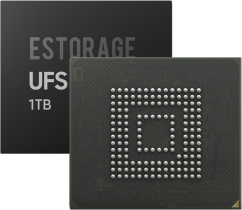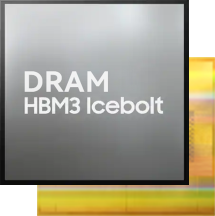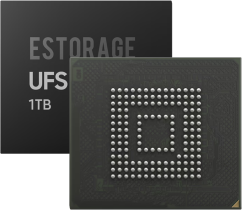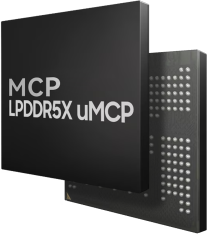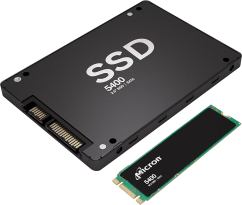Product Description
The Qualcomm PM-845-0-287WLPSP-TR-02-0 is engineered to meet the demanding power management needs of modern electronic devices, particularly in mobile and embedded applications. Its architecture is optimized for high performance, efficiency, and reliability.
One of the standout features of the PMIC is its multi-output capability. This allows it to power various components within a device simultaneously, such as the main processor, memory, and peripheral devices. Each output can be independently configured to deliver the required voltage and current, providing flexibility for different application scenarios.
The PM-845 excels in efficiency, with ratings often exceeding 90%. This high efficiency translates to reduced power loss and heat generation, which is critical in mobile devices where thermal management is essential. The PMIC incorporates advanced thermal management features that monitor the temperature of the device and adjust performance accordingly, preventing overheating and ensuring stable operation.
Dynamic voltage scaling is another key feature of the PMIC. It can adjust output voltages in real-time based on the workload, optimizing power consumption and extending battery life. This capability is particularly beneficial in applications where power efficiency is crucial, such as smartphones and IoT devices.
The integrated battery management features allow for efficient charging and discharging of batteries, ensuring that devices operate safely and effectively. The PMIC also includes battery health monitoring capabilities, which help in assessing the state of the battery and prolonging its lifespan.
Robust protection mechanisms, including over-voltage, under-voltage, and over-current protection, safeguard the device and connected components from potential damage. These features enhance the reliability of the PMIC in various operating conditions.
The compact QFN package of the PM-845 makes it suitable for space-constrained applications, allowing designers to maximize the functionality of their devices without compromising on size. The flexible control interface, supporting I2C, enables easy integration into various systems, allowing for straightforward configuration and monitoring.
In summary, the Qualcomm PM-845-0-287WLPSP-TR-02-0 is a versatile and efficient power management solution that meets the high-performance demands of modern mobile and embedded applications. Its combination of features, specifications, and detailed design considerations make it an ideal choice for engineers looking to optimize power management in their devices.
Specification
Input Voltage Range: Typically operates within a range of 3.0V to 4.5V, accommodating various battery types and configurations.
Output Voltage Range: Supports a wide range of output voltages, typically from 0.8V to 3.3V, configurable based on application needs.
Output Current: Capable of delivering up to 3A per output channel, depending on specific configurations and thermal conditions.
Efficiency Ratings: Efficiency can exceed 90% under typical load conditions, significantly reducing heat generation and improving battery life.
Operating Temperature Range: Designed to function effectively in a wide temperature range, typically from -40°C to +85°C, suitable for various environments.
Package Type: Available in a compact QFN (Quad Flat No-lead) package, facilitating easy integration into printed circuit board (PCB) designs.
Control Interface: Supports I2C or similar digital control interfaces for configuration, monitoring, and diagnostics.

